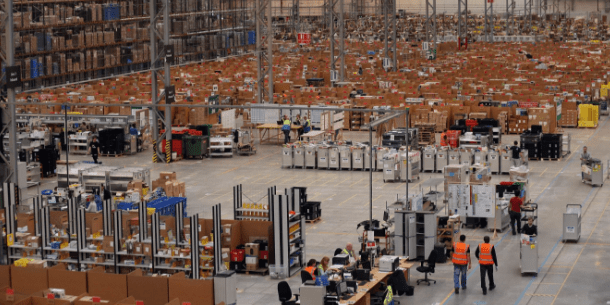SHOP SAFE Act introduced; efficacy for direct sellers remains to be seen
By Rick Redding
“American consumers increasingly turn to the internet to shop. Counterfeiters have followed consumers, and it is clear more must be done to combat the rising trend in online sales of counterfeit products.”
—Rep. Gerald Nadler, D-NY
The federal government is proposing legislation to combat an ongoing problem in major global marketplaces such as Amazon and eBay—counterfeiters who profit from the sale of inauthentic products. This legislation would require online marketplaces to toughen their standards and enforcement against third-party sellers.
This content is restricted to site members. If you are an existing user, please log in. New users may register below.


